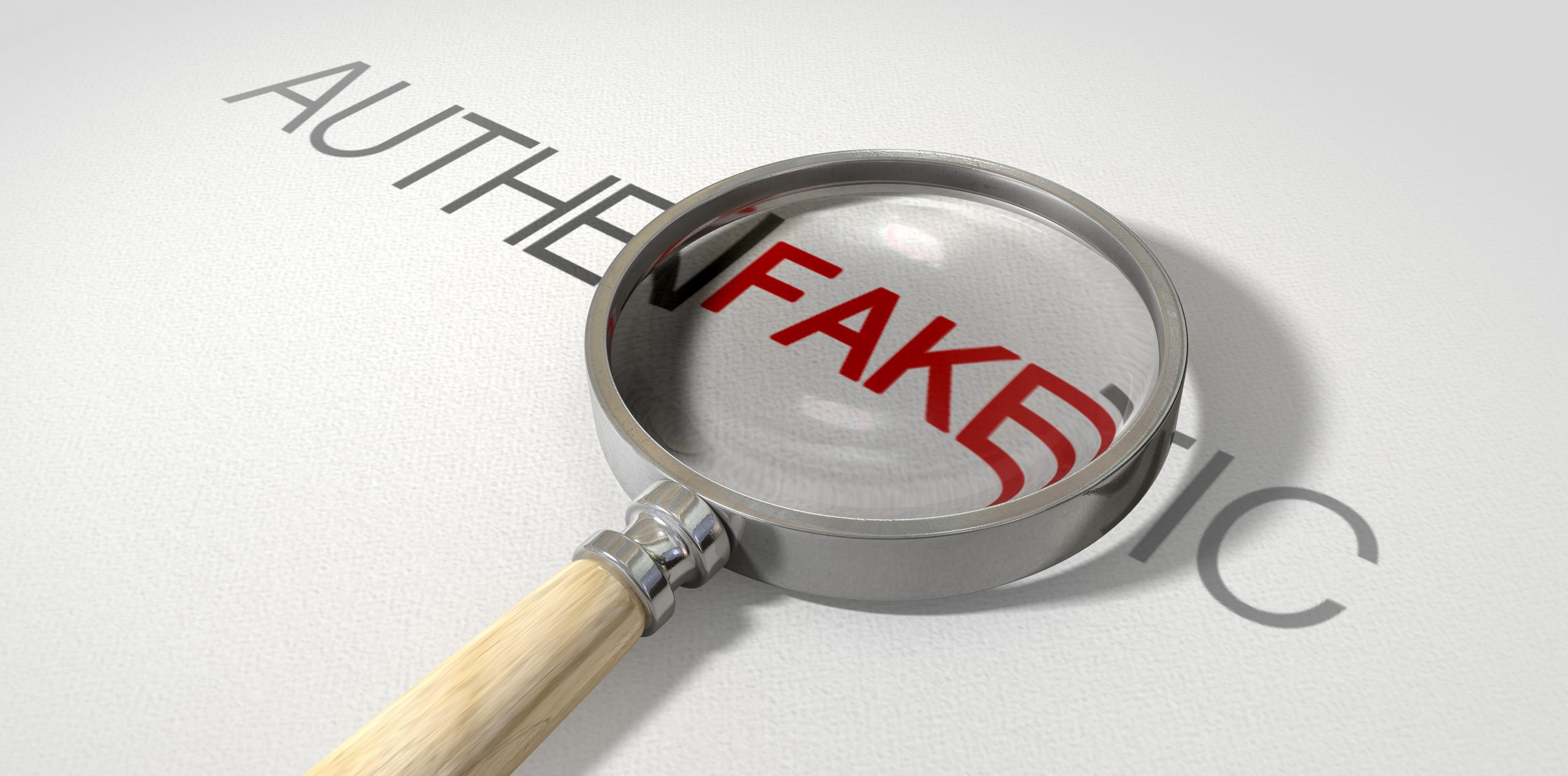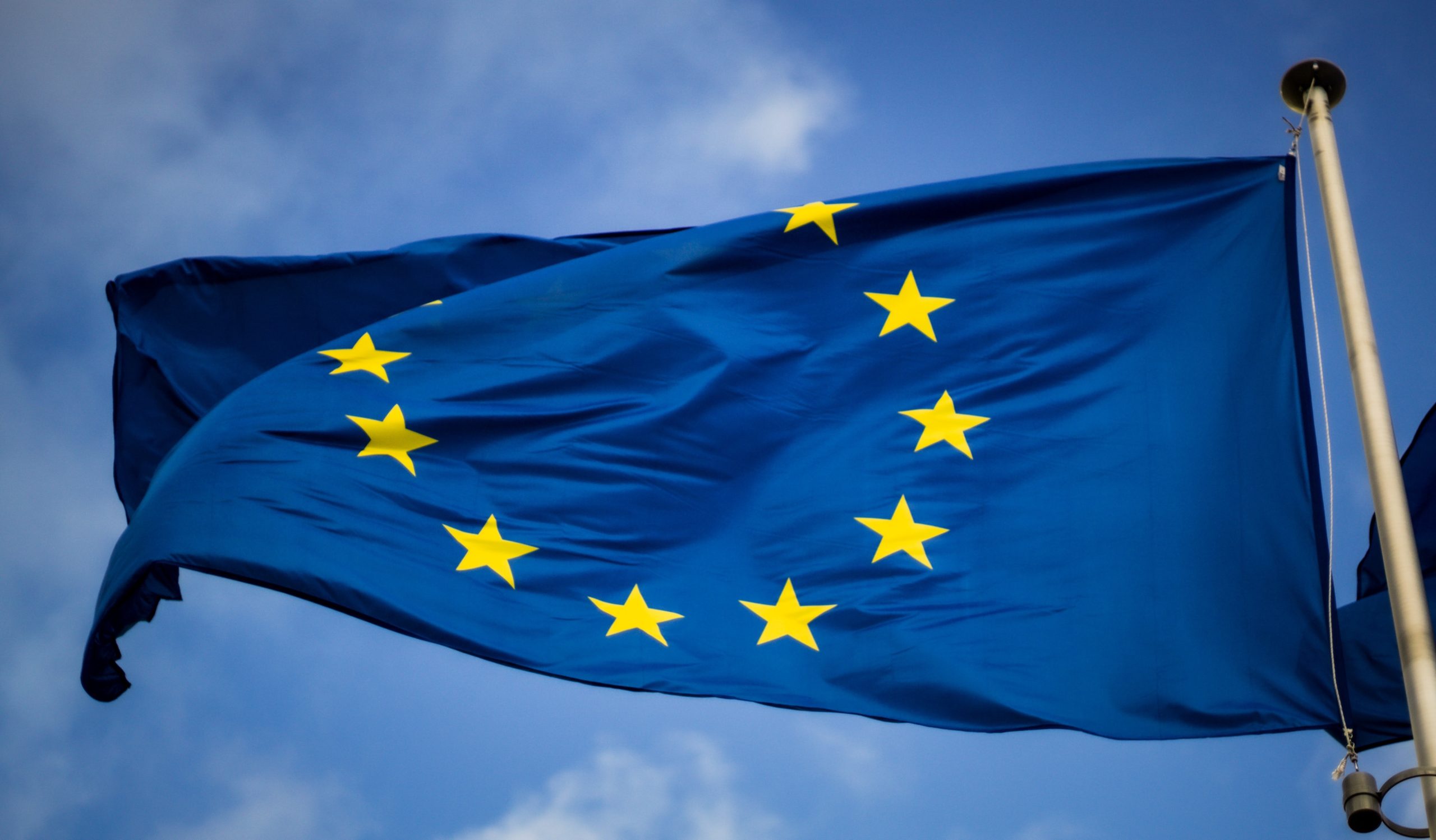Abstract of the research:
Social media platforms have transformed the dynamics of freedom of expression and freedom of information. They have the capacity and the potential to facilitate and improve the dissemination of news and other media products beyond traditional distribution platforms. Simultaneously, this also means a broader exposure of citizens to diverse content formats, sources of information as well as a plurality of viewpoints. Social media thus constitute a fundamental factor for news organizations to reach out to and interact with their audiences. This implies the necessary adaptation of “traditional” media content to the characteristics of online platforms and their diverse audiences, much broader than just those represented by the consumers of legacy media. The emergence of social media platforms has also enhanced and transformed some of the traditional features of journalism as we knew it. Journalism is no longer the preserve of professional journalists. However, journalism activities are still characterized and framed by professional standards and ethical codes imposing certain principles and values in the process of collecting and disseminating information (accuracy, impartiality, independence, accountability). Nevertheless, due to technological transformations, ethical standards must also be adapted to the new scenario. Both privacy and freedom of expression are fundamental human rights protected in Europe and globally by applicable human rights instruments. These rights may, however, come in conflict. These conflicts have been addressed, numerous times, by the case law of the European Court of Human Rights, which has developed an elaborated jurisprudence focusing on whether the domestic authorities struck a fair balance between the two rights. The general standards regarding the balance between freedom of expression and privacy in Europe need to be considered in light of the specific manifestations of individual autonomy within social media, as well as of the different interactions that take place in such environment and of the access to and use of social media publications by journalists and media actors.
Social media platforms have their own terms and conditions, which regulate many different aspects of the service they provide to their users. Online platforms have their own internal policies regarding the collection and handling of information from users. Platforms’ policies may also aim at preserving users’ safety and dignity within the social space by providing control and foreseeability when it comes to the use and impact of the content they share. In addition to this, platforms have also generally adopted rules to particularly prevent acts of so-called doxxing, consisting of searching for and publishing private or identifying information about someone on the internet with malicious intent. In general, these actions are considered as forms of abuse, harassment or cyberbullying and are not allowed on most big platforms. The connection between the basic principles that guide the protection of ideas such as privacy, safety, or freedom of expression by both States and social media companies, together with the growing impact of the international and regional human rights standards on the latter, anticipate the development of new models based on the cooperation between and contributions from tech companies, regulators, media actors, and civil society.



